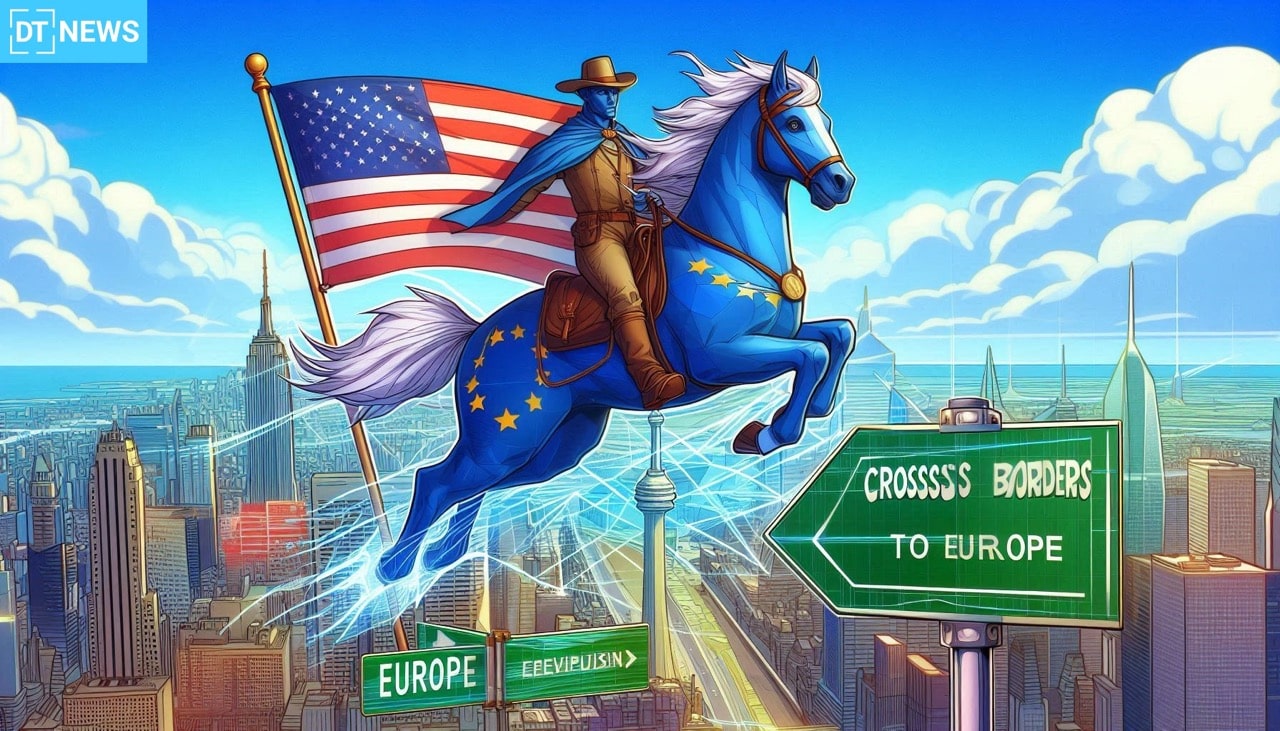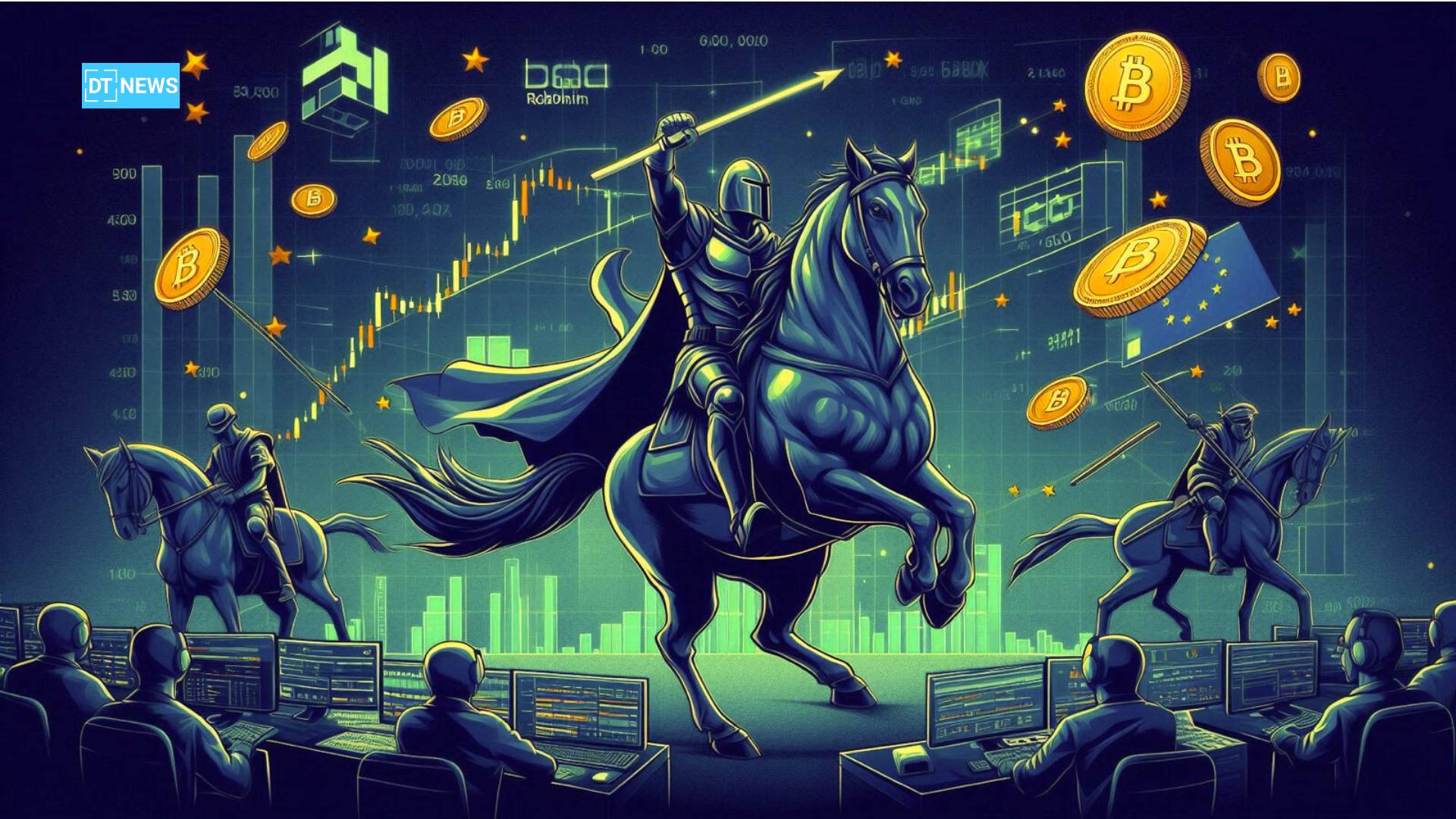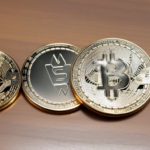Robinhood is going into the future of financial markets with its latest blockchain-based platform for European users to trade tokenized US stocks. As reported by Bloomberg, this follows Robinhood’s recent acquisition of a brokerage license in Lithuania which allows the company to expand beyond crypto and offer traditional stock trading in the European Union. But rather than just replicating its US model, Robinhood is testing the waters of blockchain-based equity settlement, an approach that could fundamentally change how stocks are issued, traded and settled.
The Robinhood blockchain trading initiative is reportedly in talks with leading blockchain protocols including Solana and Arbitrum. These networks are being considered for their high throughput and low transaction costs, essential for any platform that wants to offer real-time, fractionalized stock trading to a mass retail audience.
Tokenized US Securities: From Concept to Reality
Tokenized stocks isn’t a new idea but Robinhood’s entry brings it one step closer to mainstream. The company is building the infrastructure for EU based retail users to access US stocks in tokenized form via blockchain rails.
These securities would be shares of publicly traded US companies but instead of being recorded through traditional clearinghouses, ownership would be tracked and settled via smart contracts. This format offers potential benefits like faster settlement times, 24/7 trading and reduced operational overheads.
A person familiar with the matter told Bloomberg that talks with Solana and Arbitrum are still in early stages and a final decision on the blockchain partner has not been made. If successful, Robinhood’s model could be a proof of concept for other retail brokerages looking to use blockchain settlement, bridging the gap between regulated equity markets and decentralized finance (DeFi).

A Calculated Turn As Crypto Revenue Soars
Despite crypto driving record Q1 profits, Robinhood CEO Vlad Tenev has been clear the company wants to reduce its reliance on crypto transaction volumes.
“We’re focused on diversifying the business outside of crypto,” Tenev said on the company’s earnings call.
In Q1 2025, Robinhood saw 50% year over year revenue growth with a big chunk of that coming from crypto trading volume. But the company is aware of the volatility and regulatory uncertainty of the crypto space and is looking to capture more stable, long term revenue streams.
This tokenized securities expansion fits with Robinhood’s planned acquisition of Bitstamp which would also give it access to Bitstamp’s MiFID regulated multilateral trading facility (MTF). This is key for offering crypto linked derivatives and other regulated financial instruments across the EU.
Headwinds and European Opportunity
Robinhood’s decision to launch in Europe is both strategic and regulatory. MiFID II provides a harmonized regulatory framework that supports innovation while protecting investors.
By getting a brokerage license in Lithuania, a country known for its pro-fintech policies, Robinhood can passport its services across all 30 EEA countries.
However, there are challenges. Robinhood will need to ensure tokenized equities comply with securities laws around investor rights, dividend distributions and reporting standards. Analysts say educating users and gaining regulatory trust will be key to adoption.
“The challenge will be to align blockchain innovation with existing capital market infrastructure,” said fintech regulatory expert Marc Bernegger in a recent panel. “The concept is sound but execution in a heavily regulated sector like equities won’t be easy.”

Robinhood’s Global Play
Robinhood’s blockchain ambitions are part of a broader global push. With EU expansion underway and the Bitstamp acquisition almost done, the company is setting up its game in cross-asset, cross-border trading.
Will retail investors buy into tokenized US stocks? We’ll see. But Robinhood’s model is flexible and may appeal to younger, tech-savvy Europeans who already trade crypto and are used to blockchain interfaces.
And if this works, it will put pressure on traditional brokerages to accelerate their blockchain plans or get left behind.
Conclusion: Blockchain Stock Trading is Coming Mainstream
Robinhood’s foray into blockchain equity trading is a new era for global markets. With regulatory approval in Lithuania and a crypto war chest, the company is making calculated moves to merge traditional financial assets with decentralized infrastructure.
While there are technical and regulatory hurdles, this could change how Europeans access US stocks. And if Robinhood gets it right, it won’t just be a fintech success, it will set a new standard for retail investing.
FAQs
What is Robinhood launching in Europe?
A blockchain platform to offer tokenized US stocks to retail investors in the EU.
Which blockchains is Robinhood using?
Solana and Arbitrum due to speed, scalability and low fees.
Is this part of Robinhood’s broader EU strategy?
They got a brokerage license in Lithuania and are buying Bitstamp to expand in the EU.
How does this benefit retail investors?
Tokenized stocks could mean 24/7 trading, faster settlements and potentially lower costs than traditional equity trading.
Are there regulatory issues?
Robinhood must comply with EU securities laws and investor protections before launching the platform.
Glossary
Robinhood blockchain trading – Robinhood using blockchain to let users buy and sell tokenized US stocks.
Tokenized stocks – Digital versions of real-world stocks issued and traded on blockchain platforms.
MiFID II – European regulatory framework for financial markets and investment services in the EU.
Smart contracts – Self executing contracts with the terms written into code used in blockchain platforms for automation.
Multilateral Trading Facility (MTF) – European regulatory classification for platforms that facilitate trading between multiple parties.










